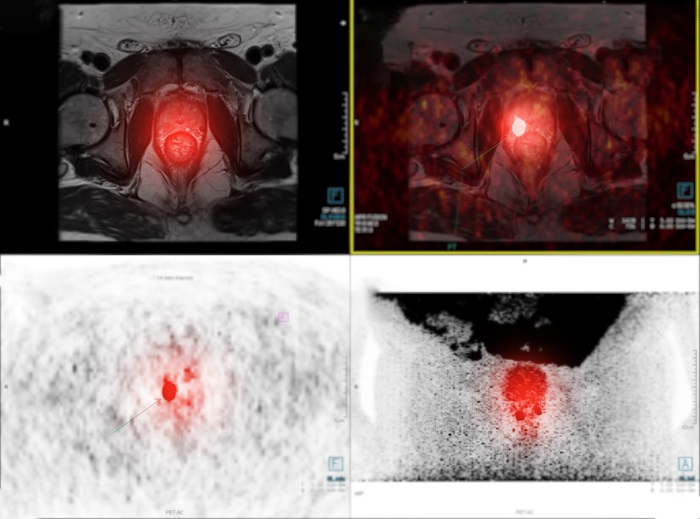PSMA-PET Imaging Improves Outcomes for Patients with Recurrent Prostate Cancer
Posted on 28 Oct 2024
While prostate-specific membrane antigen positron emission tomography (PSMA-PET) has demonstrated enhanced sensitivity and specificity compared to traditional imaging techniques for detecting biochemical recurrent (BCR) prostate cancer, the long-term effects of a widespread shift to this imaging method remain uncertain. Now, a new study indicates that even with modest improvements in early detection, PSMA-PET imaging may enhance both the length and quality of life for patients dealing with recurrent prostate cancer.
In the study, researchers at the University of York’s Centre for Health Economics (York, UK) set out to evaluate the long-term outcomes of PSMA-PET imaging in comparison to conventional imaging strategies in patients with recurrent prostate cancer. This decision analytic modeling study simulated patient outcomes following initial definitive local therapy for BCR. The study utilized data from existing literature and a retrospective cohort study performed at two institutions. The primary analysis presumed modest advantages of earlier detection and treatment, while scenario analyses explored variables such as prostate-specific antigen (PSA) levels at the time of imaging and the differing outcomes of early versus delayed treatment. The main outcomes measured included the detection of metastases, prostate cancer-related deaths, and the gain in life-years and quality-adjusted life-years (QALYs).

The results from this decision analytic modeling study projected that employing PSMA-PET upfront for imaging in BCR prostate cancer would likely result in increased life-years and QALYs, along with a reduction in prostate cancer-related deaths. The clinical benefits were anticipated to be consistent across varying PSA levels. Furthermore, the advantages linked to early detection and the initiation of salvage therapies were sensitive to assumptions about the effectiveness of early treatment. Thus, the findings imply that with modest benefits from early detection, PSMA-PET imaging could potentially enhance both the duration and quality of life for patients with recurrent prostate cancer.
Related Links:
University of York’s Centre for Health Economics














